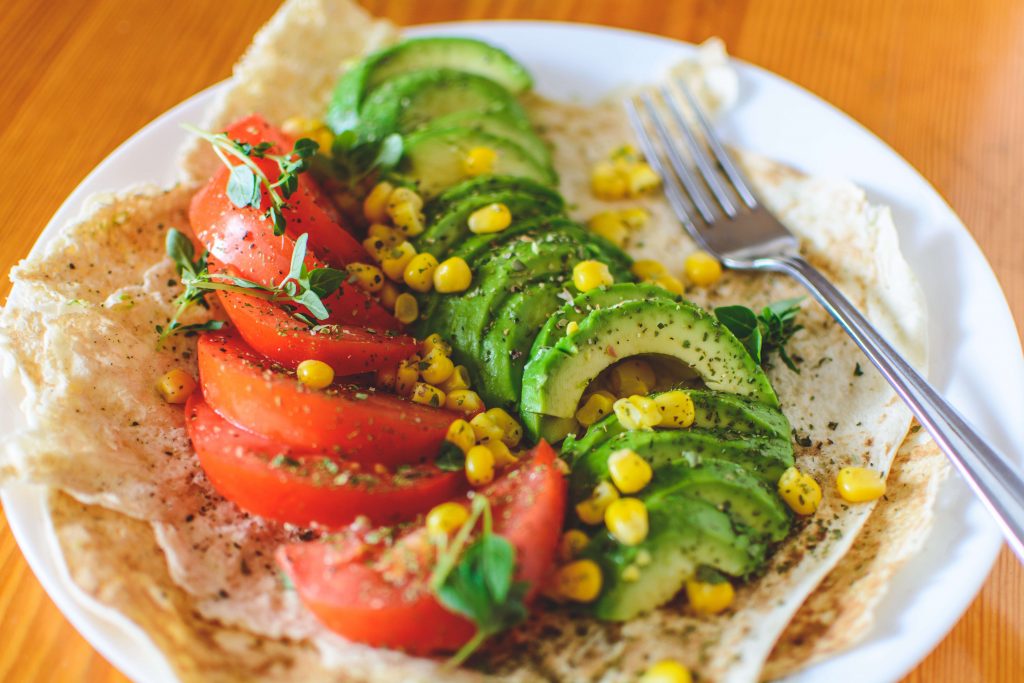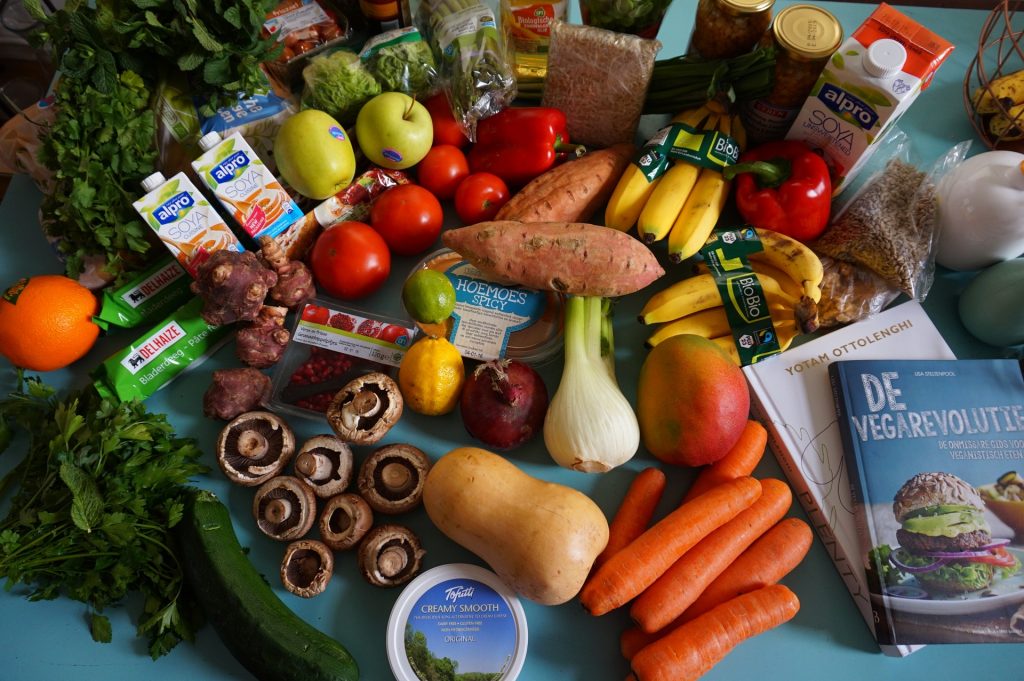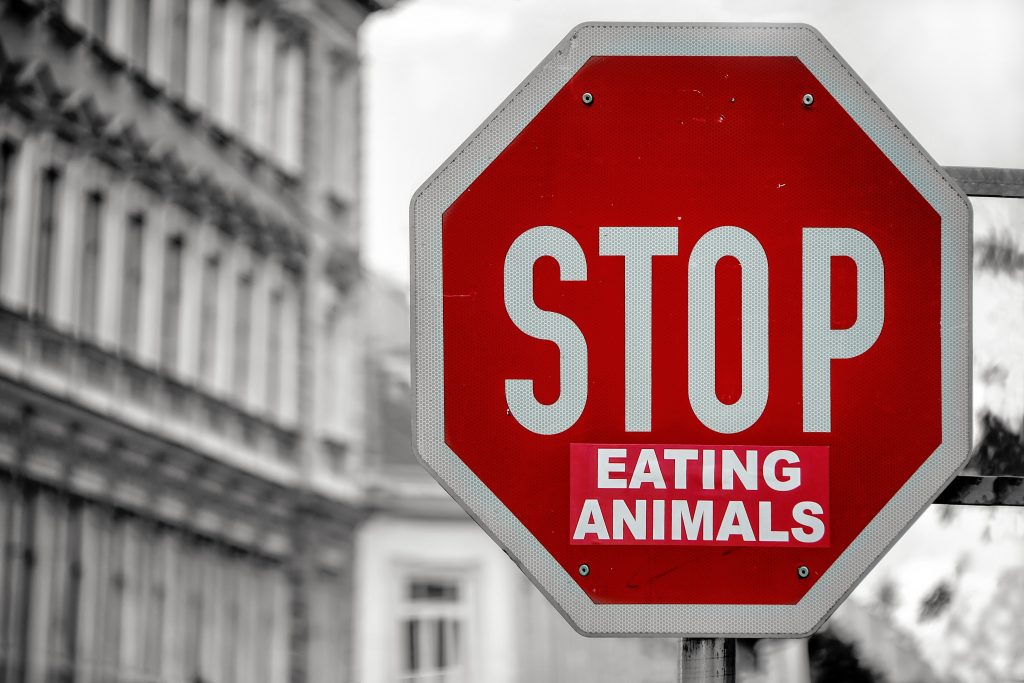
What is being vegan? “Veganism is a way of life that seeks to exclude, to the extent possible and practicable, all forms of exploitation and cruelty to animals, whether for food, clothing or for any other purpose.” This is the official definition of the vegan society, entered in the memorandum of its statutes since 1979.
To be a vegan is to go far beyond being a vegetarian, as they are not only concerned about their health – hence eating exclusively based on the vegetable kingdom – they also adopt a lifestyle that respects all living things and the planet’s environmental sustainability.
Meat, fish, eggs, milk and their derivatives are off of the menu. A conscience of non-consumption that also extends to footwear and clothing made of animal skin or hygiene products, cosmetics, detergents, among others, which have ingredients of animals or are subject to their exploitation. A requirement that is not always easy to detect through the list of ingredients that accompany the products and why many manufacturers use the seal of recognition, recognized by the society vegan, which classifies these products as “suitable” for vegans.
In practice, the choice for vegan products ends up falling on natural products, preferably biological, that is without synthetic chemicals and petroleum derivatives harmful to health, many of them carcinogenic. Vegans ensure a healthier life and also protect the animals and the planet’s sustainability.
“Since the time that veganism came to be part of my life in January 2013, I have improved my health and quality of life considerably. I lost 10 kg, I don’t know what the flu is anymore, I increased my concentration and I improved considerably the memory. I have a much better taste and my energy levels have increased substantially, “says Ana Filipa Range, blogger, to lifestyle.sapo.pt. Filipa Range also reveals that her change of lifestyle has allowed her to discover “the true pleasure of cooking”, which led her to found the ‘Green Kitchen’ project.

A study promoted by the Vegetarian Center, released in 2017, reveals that there are around 60 thousand vegans in Portugal. For the president of the Portuguese Vegetarian Association (AVP) to be a vegan “is not a big deal” and even considers that with the availability of information, people do not necessarily need to consult a nutrition expert. Nuno Alvim advises that a gradual and not abrupt adaptation must be made, “to avoid nutritional deficits”.
The Nutritionists Association recognizes that vegetarian food is adequate, although it warns that there is a risk for those who choose to be vegan, especially for children. “There are deficiencies of nutrients such as B-complex vitamins, protein and calcium, vitamin D and iron,” says Alexandra Bento on the Order’s website (read the councils of the Order). Regarding the children, Alexandra Bento leaves a solution: why not to opt for the Ovo-lacto vegetarianism standard, “in which these nutritional deficiencies are taken care of”.
Also, Catherine Collins of the British Dietetic Association, quoted by the BBC, warns of the need for vegans to compensate for nutritional deficiencies due to non-ingestion of meat and dairy products. “But we have not observed this with people who become vegans to look like other people that they see on the internet,” says Catherine Collins (read the full BBC article). Collins refers to the fact that celebrities, such as American actress Gwyneth Paltrow, have popularized this lifestyle and food. “These people see photos of Gwyneth Paltrow and they want to do the same thing. They want to be fashionable, but they are putting their own health at risk in the long run,” says Catherine Collins.
The truth is that vegetarianism was born for many millennia, with roots deep in Asian countries or even in ancient Greece. Already the controversy over its risks has long been debated and discord remains alive. The Portuguese Vegetarian Association has on its website statements from Virginia Messina, dietician, co-author of books such as “Vegan for Life” or “Never Too Late to Go Vegan”, among others, in which it clarifies some myths and truths about the controversy. For example, Virginia Messina quotes the American Dietetic Association along with all vegan nutrition experts: “When vegans get enough calories and eat a variety of whole foods throughout the day, they get plenty of protein. Protein is not a problem for vegans”. As for vegan children, Messina says that “studies show that vegan children sometimes have some nutrient insufficiency when compared to omnivorous children, but they have better values in other nutrients. All kinds of diets for children require careful planning. “

The topic of an exclusively vegetable-based diet has also risen to the Assembly of the Republic (read more on this site, in the text on vegetarians), and the Ministry of Health, was created through the General Directorate of Health, in 2015, one document in which points out guidelines for a healthy vegetarian diet (read the Ministry of Health guide).
In 2017, vegetarian meals became part of the menus of all state-owned canteens.
But being a vegan is not just about eating. Nuno Alvim, president of the Portuguese Vegetarian Association, confesses that it is easy to be vegetarian or vegan today. “In areas such as footwear and clothing, for example, the market is evolving. Already there are options, with Portuguese brands of shoes, or clothes, without any substance of animal origin. The point is that they are not always accessible to everyone. They are marketed at a relatively high price”, he explains.
Being vegan is therefore not an easy option, but this lifestyle attracts more and more Portuguese and many more worldwide.

Feel more about nutrition in:
How the elements of nature interact
Three Philosophical Principles of Life
Raw and lively nutrition friend of our cells
The State and public schools accept vegetarians
Does an obsession with perfect nutrition is an imbalance?
Reinforce your awareness in:
http://www.avp.org.pt/nutricao-e-saude/mitos-e-verdades-acerca-da-dieta-vegana/
https://acozinhaverde.blogspot.pt/search/label/blog
https://www.timeout.pt/lisboa/pt/noticias/eight-o-novo-lounge-vegan-da-baixa-020218




